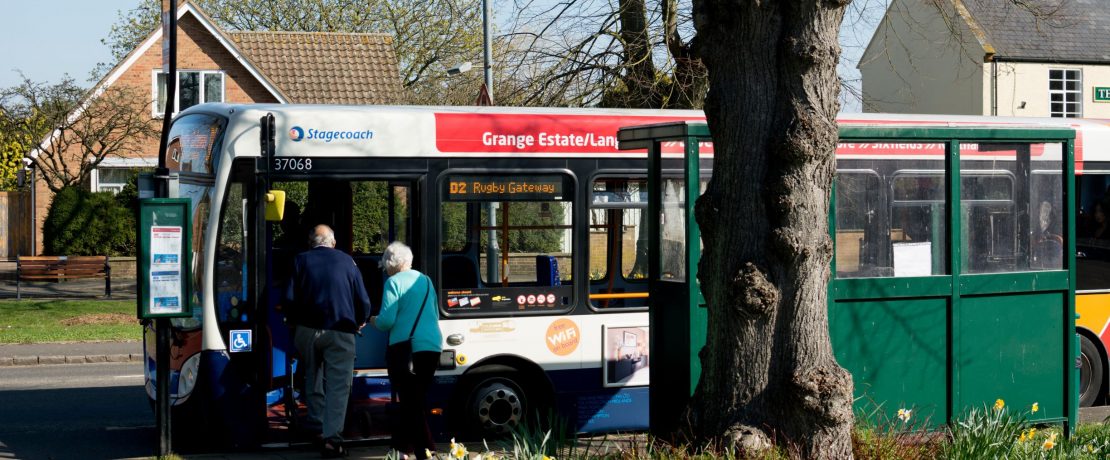A free pass for buses?
In September 2019, the Chancellor announced a significant investment in Britain’s buses. What does it mean for rural services?
As part of his first spending review as Chancellor of the Exchequer, Sajid Javid announced a new £200 million investment ‘to transform bus services around the country’.
After years of cuts this is welcome news, but how much will it help people desperate for a regular bus service to their village?
The short answer is we don’t yet know. So far the government has revealed very little detail about this new funding. While any investment in our bus system is welcome, we need more information to understand how it will be spent, and to see if it’s actually new money after all.
Rural areas desperately need more and better bus services after thousands of routes across the country have been reduced or withdrawn over the past decade. The loss of bus services can have a devastating impact on countryside communities, especially for those people who don’t or can’t drive. Many rural villages are not seen as profitable destinations by commercial bus companies. Without government-subsidised routes, these areas can become inaccessible to many, leaving communities slowly hollowing out.
The hardest hit
Older people living in the countryside are often reliant on buses to reach vital services such as GPs and post offices, so the loss of a bus route can make rural life incredibly difficult as people grow age. And subsidised buses are essential for allowing younger people to stay connected and reach schools and colleges. Where bus services have disappeared, younger people living in villages are often forced to move to towns and cities, breaking apart communities and undermining social cohesion. For those who can’t afford to own or run a car, the loss of bus services can make going to work almost impossible, while accessing benefits requires walking for miles on unsafe roads.
In this context it’s easy to welcome the Chancellor’s £200 million investment in buses, but there are some important caveats.
The devil in the detail
As with all government spending, we need to know in detail how the funds will be allocated between rural and urban areas. Urban areas receive far more spending per capita than rural areas across a whole range of services, and if the Chancellor’s £200 million follows this pattern it’ll do little to help reconnect cut-off rural communities.
Before we can celebrate the additional money for buses we also need to know how it will be spent. If the £200 million is allocated to the Bus Services Operator Grant, it will simply support the profitability of existing bus services. But if the money is used to reverse cuts to local authority supported bus services it could return lost bus routes to isolated villages across the countryside.
This is true across the board for the Chancellor’s announcements. The devil’s in the detail, and the detail is lacking. We at CPRE will monitor these issues closely and continue to promote the need for affordable, low carbon, public transport options so that everyone living in a rural area can travel sustainably and access the services they need.







